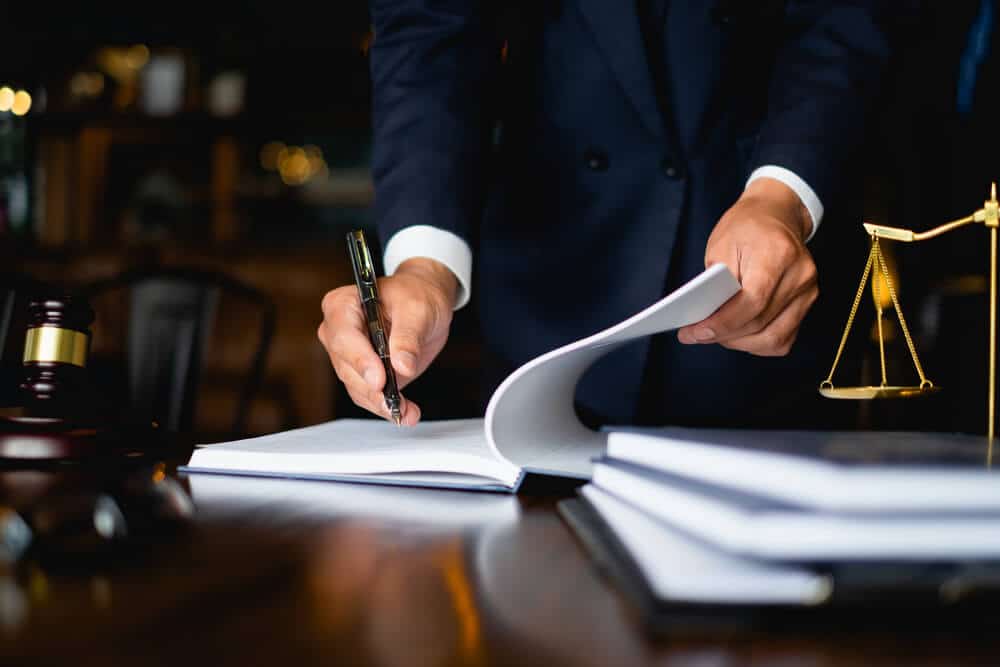The legal world is a maze of complex terms and rules, and nowhere is this more evident than in appellate courts. These courts deal with appeals, where cases are reviewed for legal errors rather than rehashed from scratch.
But fear not – if you’re lost in the sea of legal lingo, appeals lawyers, and post-conviction lawyers are here to guide you through the maze.
1. The Upside-Down World of Appellate Courts
Appellate courts are like the top dogs of the legal system. Unlike the usual court dramas you see on TV, these courts don’t rehash who did what. Instead, they focus on the law itself. When you’re unhappy with a lower court’s decision, that’s when you knock on the appellate court’s door.
Here’s where appellate attorneys work their magic. They’re like guides through this topsy-turvy world, using their legal know-how to help you make sense of it all.
2. Speaking Appellate: What’s Jurisdiction?
“Jurisdiction” sounds fancy, but it’s a bit like a VIP pass for courts. It decides which cases they can review. Appeals lawyers dig deep into this stuff. They figure out if your case fits the appellate court’s criteria. It’s like seeing if you have the right ticket to ride this legal rollercoaster.
3. When Things Go Wrong: Grounds for Appeal
Appellate courts don’t redo trials – they spot where things went legally wonky. You hire post-conviction lawyers for this ride if you’ve been slapped with a guilty verdict. They’re the experts in spotting legal slip-ups that might’ve been missed earlier. Think of them as error detectives, hunting for clues in the legal fine print.
4. Let’s Talk Appellate Briefs
Remember those essays you wrote in school? Appellate briefs are kinda like that, but with more legal jazz. Appeals lawyers put your arguments on paper and give them to the appellate court. It’s like sharing your side of the story with the judges. These lawyers are the maestros of this symphony of words, using terms that make your case sing.
5. Judge Code: Standard of Review
“Standard of review” might sound like something from a secret codebook, but it’s pretty simple. It’s the rules on how much an appellate court should trust the lower court’s call. Different issues get different rules. Appellate attorneys are like translators here. They pick the right language to show the judges how much trust they should give to the lower court’s moves.

6. Talking Face-to-Face: Oral Arguments
When the legal stars align, you get to talk to the judges directly – it’s like a courtroom chat. Appeals lawyers get to stand up and explain why they’re right. It’s like telling a story to convince the judges your way is the right way. These lawyers are pros at talking legal stuff in a way that everyone at the table understands.
7. The Precedent Puzzle: Stare Decisis
Precedent is just a fancy word for using old cases to decide new ones. Think of it like a puzzle – if you can show that a similar case was solved before, you might get a hint on how your case will go. The appellate attorneys use this trick to make your case stronger. They’re like puzzle masters, putting together legal pieces to make a clear picture.
Conclusion: Guided by the Best
Don’t get lost in the legal word jungle of appellate courts. Appeal lawyers and post-conviction lawyers are your trail guides. They’re the experts who know the secret language of the courts and can translate it into words you understand.
And when you’re talking about expertise, Brownstone Law Appeal Lawyers stand out as the heroes of this story, ready to guide you through the twists and turns of the legal maze.




